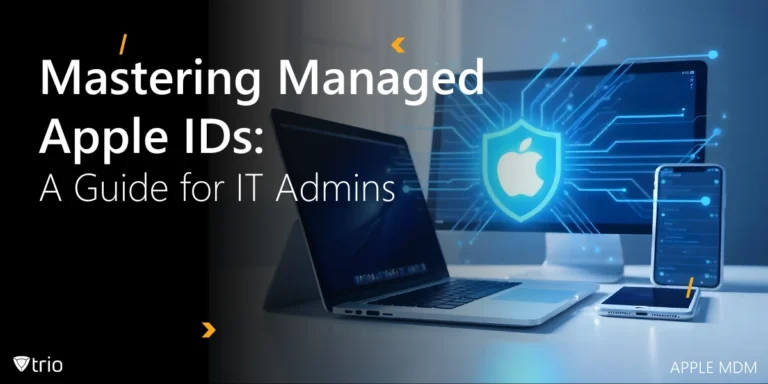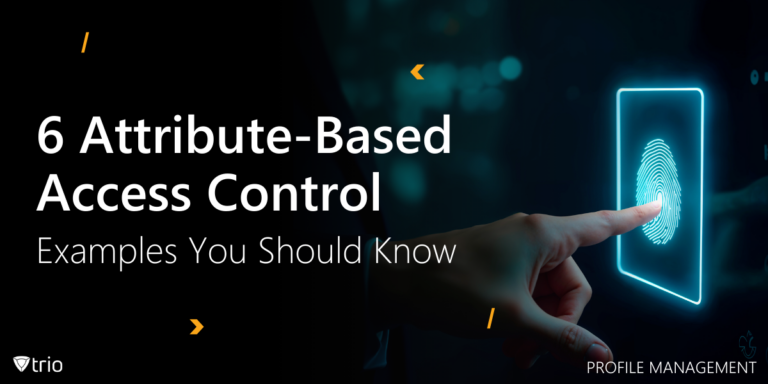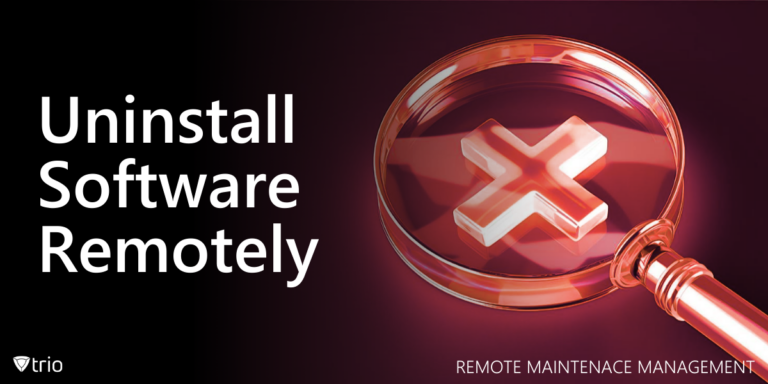Businesses are constantly seeking ways to stand out and connect with their customers on a deeper level. Understanding the importance of customer engagement strategies is paramount for retailers looking to differentiate themselves from competitors. As a writer for Forbes said in 2016, “Traditional CRM is too focused on managing customer and the relationship; to stay ahead of the curve, we need to shift our attention to helping employees to engage with the customer, to build and strengthen the relationship.” For that reason, in this blog post, we will delve into the significance of customer engagement strategies for retailers and explore customer engagement tips they can pursue.
Why Customer Engagement Strategies Matter
It’s important to understand why customer engagement strategies matter and set you apart from competitors in the retail industry. Consumer engagement strategies are important for several reasons:
-
Building Brand Loyalty
Even if a product or service is of high quality, consumers are more likely to remain loyal to a brand that actively engages with them and values their relationship. Client engagement plans help foster a sense of connection and trust between the consumer and the brand, leading to long-term loyalty.
-
Creating Positive Experiences
Effective consumer engagement strategies focus on creating positive and memorable experiences for customers. These experiences go beyond the product or service itself and encompass interactions with the brand across various touchpoints. Positive experiences can lead to increased customer satisfaction and advocacy.
-
Differentiation in a Competitive Market
In today’s competitive market, where many products and services are similar, engagement strategies help differentiate a brand from its competitors. By offering unique and personalized experiences, brands can stand out and attract and retain customers.
-
Encouraging Repeat Purchases
Engaged customers are more likely to make repeat purchases and become repeat customers. By maintaining ongoing communication and providing value-added services, brands can encourage customers to return for future purchases.
-
Word-of-Mouth Marketing
Engaged customers are more likely to recommend a brand to friends, family, and colleagues. Positive word-of-mouth marketing generated by engaged customers can significantly impact brand perception and attract new customers.
-
Gaining Insights and Feedback
Engagement strategies provide opportunities for brands to gather valuable insights and feedback from customers. This information can be used to improve products, services, and the overall customer experience, ultimately leading to increased customer satisfaction and loyalty.
-
Adapting to Changing Consumer Preferences
Consumer preferences and behaviors are constantly evolving. Engagement strategies allow brands to stay connected with their audience and adapt to changing trends and preferences, ensuring continued relevance and competitiveness in the market.

How to Engage Customers Effectively
Here are eight effective consumer engagement strategies that can increase retail sales for new and existing customers.
-
Personalized Marketing
Utilize data analytics and customer insights to personalize marketing efforts. This includes targeted email campaigns, personalized recommendations based on past purchases or browsing history, and customized promotions. Implement loyalty programs that offer personalized rewards and incentives based on individual shopping behavior. Utilize geotargeting and location-based marketing to send relevant offers and promotions to customers when they are near the store.
-
Interactive In-Store Experiences
Create engaging in-store experiences that go beyond traditional shopping. This could include interactive displays, product demonstrations, or virtual reality experiences. Offer in-store events such as workshops, classes, or demonstrations related to the products being sold. Incorporate digital technologies like augmented reality (AR) or QR codes to provide additional information or enhance the shopping experience.
-
Omni-Channel Integration
Ensure a seamless experience across all channels, including online, mobile, social media, and physical stores. Implement click-and-collect options that allow customers to order online and pick up in-store. Enable features such as buy online, return in-store to provide flexibility and convenience to customers.
-
Social Media Engagement
Actively engage with customers on social media platforms by responding to comments, addressing concerns, and sharing user-generated content. Create interactive campaigns or contests that encourage user participation and sharing. Collaborate with influencers or brand ambassadors to reach a wider audience and increase brand visibility.
-
Community Building
Foster a sense of community among customers by hosting events, forums, or online communities where they can connect with each other and with the brand. Support local causes or initiatives that resonate with your target audience to demonstrate corporate social responsibility and build goodwill within the community.
-
User-Generated Content (UGC)
Encourage customers to create and share content related to your products or brand. This could include reviews, testimonials, photos, or videos. Showcase UGC on your website, social media channels, or in-store displays to build trust and authenticity.
-
Exceptional Customer Service
Provide personalized and attentive customer service both online and offline. This includes prompt responses to inquiries, easy accessibility through multiple channels, and proactive resolution of issues. Empower frontline staff with training and resources to deliver exceptional service and create memorable experiences for customers.
-
Continuous Feedback Loop
Collect feedback from customers through surveys, reviews, and social media listening. Use this feedback to make improvements to products, services, and the overall shopping experience, demonstrating to customers that their opinions are valued.
See Trio in Action: Get Your Free Trial Now!
Conclusion
By prioritizing personalized experiences, seamless integration across channels, and proactive community-building efforts, retailers can foster loyalty, encourage repeat purchases, and amplify brand advocacy. Moreover, by listening attentively to customer feedback and adapting to evolving preferences, retailers can stay agile and relevant in an ever-changing market landscape. Whether it’s through personalized marketing campaigns, immersive in-store experiences, or active social media engagement, investing in consumer engagement is an investment in the long-term viability and prosperity of your retail business.
If you’re ready to streamline the processes within your organization and increase efficiency, check out Trio. Our Mobile Device Management (MDM) solution automates key processes, simplifies data management, and enhances operational efficiency for retailers. Say goodbye to manual tasks and hello to seamless automation. Schedule a free demo today to see how Trio can free up time for what truly matters—serving your customers better.




